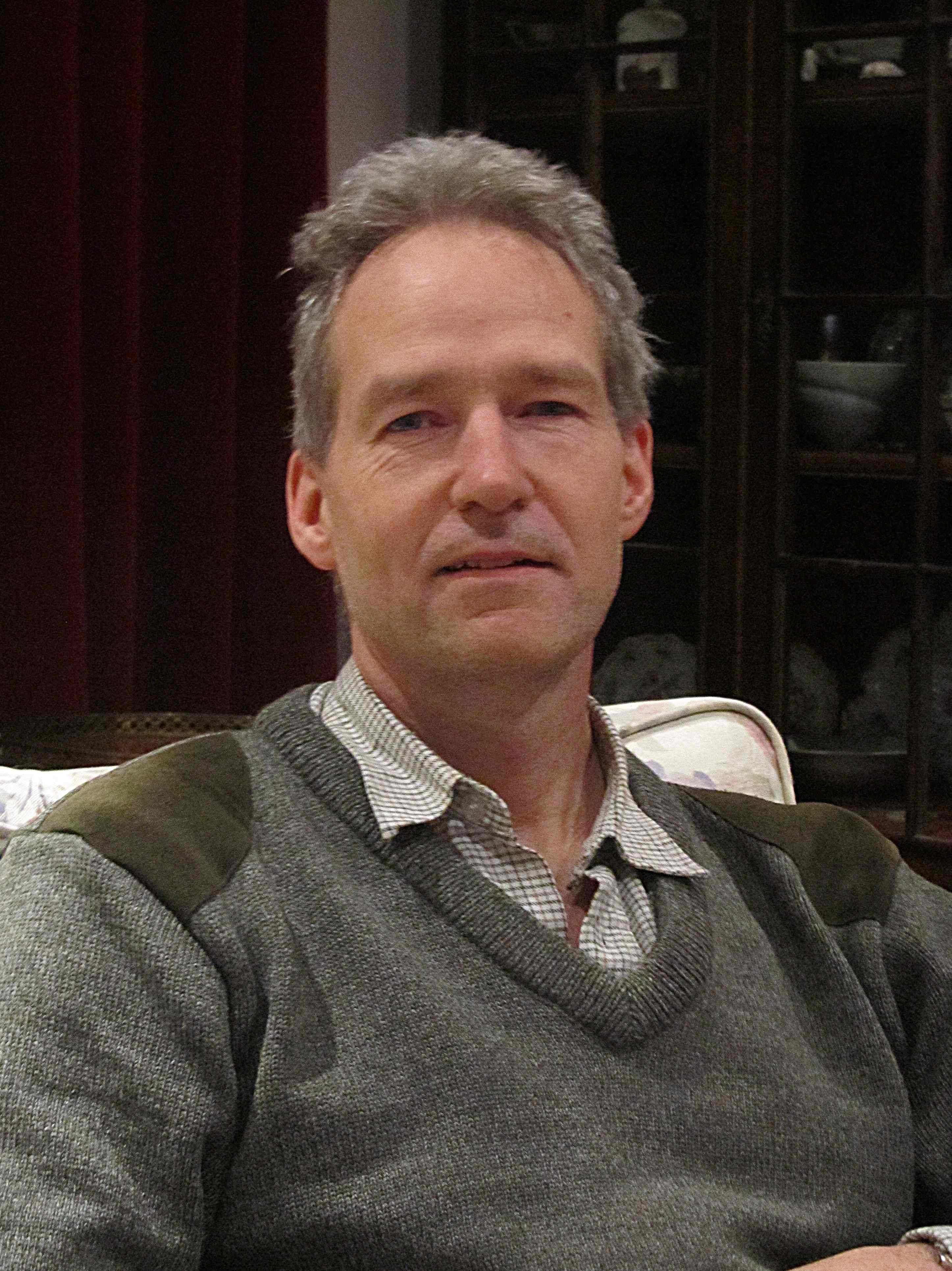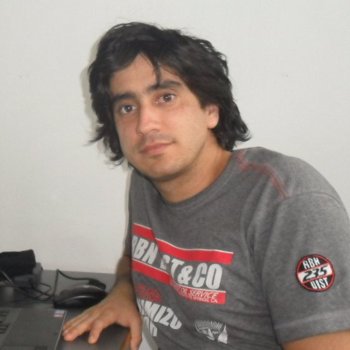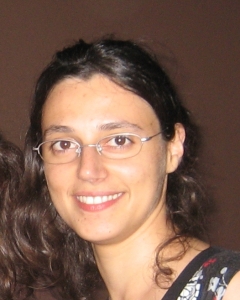

|
|
PGDH15 Population Genetics and Demographic History: model-based approachesDownloadable poster in PDF |
|
IMPORTANT DATES for this Course
Candidates with adequate profile will be accepted in the next 72 hours after the application until we reach 20 participants. |
Instructors: |

Mark Beaumont obtained his PhD in population genetics at the University of Nottingham in 1988. His main research focuses on how genetic information can be used to uncover the demographic history of populations, and how to disentangle the effects of demography and selection, often in the context of conservation genetics. Since June 2010 he has held a joint position in Mathematics and Biology at the University of Bristol. Previously he worked at the University of Reading (1999-2010), for the Zoological Society of London (1995-1999), as well as holding a number of earlier postdoctoral positions. Affiliation: Schools of Mathematics and Biology, University of Bristol, Bristol, UK |

Lounès Chikhi obtained his PhD working in population genetics of fish, in Montpellier. He is a CNRS researcher based in Toulouse, France but has been working at the IGC since 2005, where he is the PI of the Population and Conservation Genetics group. He held post-doctoral positions at the University of Ferrara, at the Institute of Zoology in London, at Queen Mary and Westfield College and at University College London. He is interested in the use of genetic data to improve our understanding of the past demographic history of different species, including our own. His main interests span from conservation genetics of wild and domesticated species to human recent evolutionary history. Affiliations: Laboratoire Evolution et Diversité Biologique, CNRS, Toulouse, FR and Instituto Gulbenkian de Ciência,Oeiras, PT |

Willy Rodriguez is a PhD student with a mathematical background working on the use of genomic data to reconstruct the history of species, under the supervision of Olivier Mazet, at the Institut de Mathematiques in Toulouse and Lounes Chikhi. e is interested in the development of computational and analytical methods to understand the relative roles of changes in population size and changes in connectivity in the patterns observed in present-day populations. Affiliation: Institut de Mathematiques, INSA, Toulouse, FR |

Barbara PARREIRA is a PhD student working under the supervision of Lounes Chikhi, Manuel Carmo Gomes, a epidemiologist working at the Universidade de Lisboa, and Isabel Gordo, a population geneticist at the IGC. She is interested in structured populations and has developed a framework to study social structure. She has developed a user-friendly program that uses Hudson's ms software as an engine to simulate various demographic models. Affiliation: Instituto Gulbenkian de Ciêeiras, PT |
Course descriptionGenetic data are increasingly used by ecologists and evolutionary biologists in general. It has thus become important for many biologists with different levels of experience to produce and analyse genetic (and genomic) data. In this course we will take a practical approach to the analysis of genetic data, but we will also provide some of the theoretical background required to understand the outputs of the software used. This course will be organised so as to mix lectures where important notions are introduced with practicals where freely available software will be used. While this will not be the focus of the course, we will also introduce and discuss genealogical (coalescent-based) simulation methods and those based on forward-in-time simulations. Altogether this will allow to discuss the potentialities and limitations of the tools available to the community.In this four-day course we will introduce the main concepts that underlie many of the models that are frequently used in population genetics. We will focus on the importance of demographic history (e.g. effective sizes and migration patterns) in shaping genetic data. We will go through the basic notions that are central to population genetics, insisting particularly on the statistics used to measure genetic diversity and population differentiation. The course will also cover a short introduction to coalescent theory, Bayesian inference in population genetics and data simulation, as they are connected to what makes landscape genetics today on the basis of multilocus data. We will also introduce two methods that have been recently developed to analyse genomic data. The PSMC of Li and Durbin reconstructs the demographic history of a species or population with the genome of a single individual. The Rehh package is an R implementation of the Extended Haplotype Homozygosity (EHH) test for selective sweeps and looks for signals of selection based on the analysis of genomic regions. Most theory will be put into practice in practical sessions, analyzing real and/or simulated datasets. In these sessions, we will look at measures of genetic diversity and differentiation and use methods to detect population structure as implemented in the program STRUCTURE and discuss related programs such as FastSTRUCTURE. We will learn how to perform coalescent simulations of genetic data (using SPAms and ms). Some exercises will make use of R scripts (R being a freely available statistical program). Basic R knowledge is a pre-requisite but we will provide a short introduction to R. The R statistical package is a very powerful tool to analyse data outputs from many population genetics software, and can also be used to simulate genetic data under simple demographic scenarios. Course Pre-requisitesBasic molecular population genetics and molecular ecology. Basic R knowldedge. Basic knowledge of genomic data. |
|
Detailed Program |
|
Instituto Gulbenkian de Ciência, Apartado 14, 2781-901 Oeiras, Portugal Last updated: June 6th 2015 |